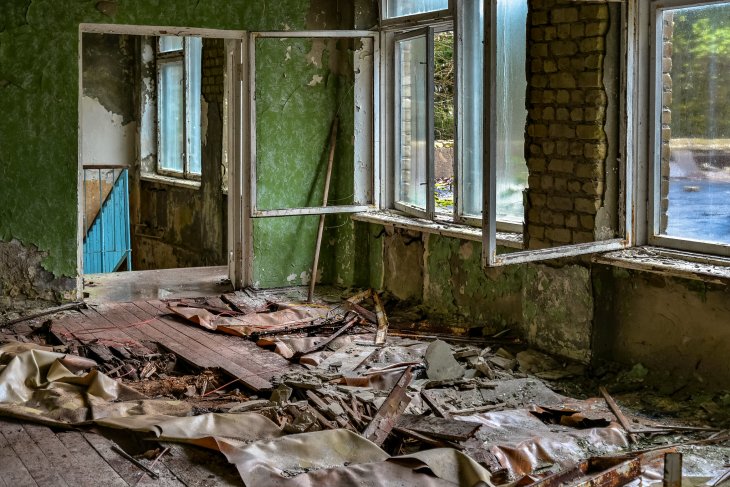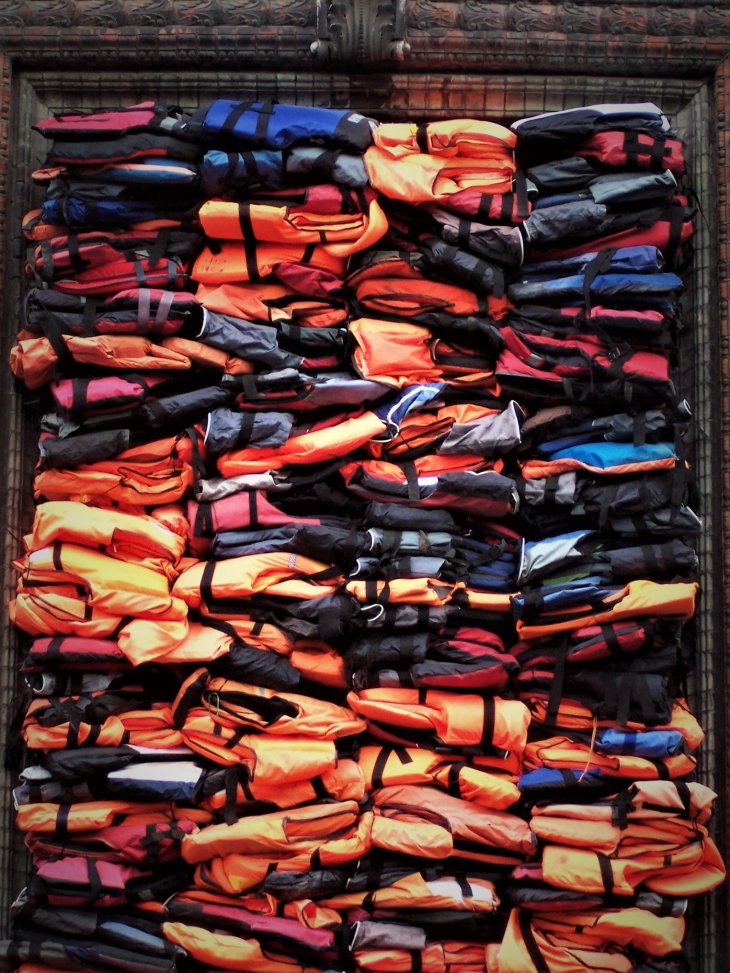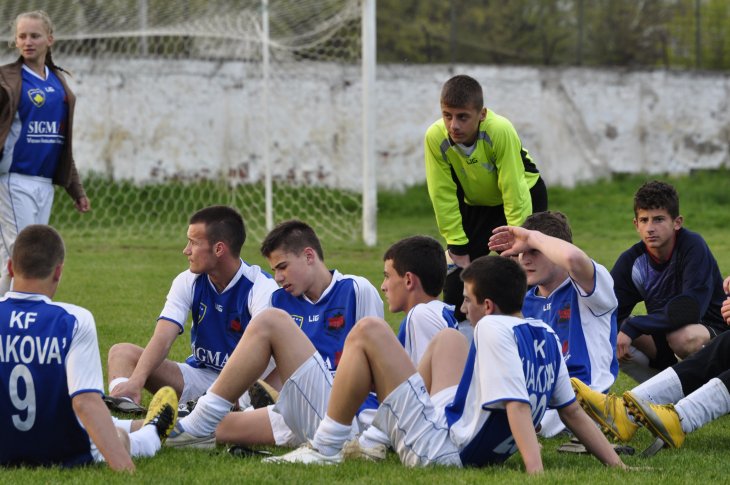Authoritarian structures made Chernobyl an unavoidable accident.

Photo: Jorge Franganillo CC
The HBO series “Chernobyl” has garnered rave reviews all over the world. Norwegian newspapers have been almost unanimous in their praise of the series. And with good reason. This is television drama at its very best.
One largely overlooked aspect of the series is what it teaches us about some of the completely fundamental differences between non-democratic and democratic regimes.
No doubt this was not one of the objectives of the series creators, but “Chernobyl” provides an unrivaled introduction into how and why democracy is superior to authoritarian forms of government in the longer term. The series shows why it will be the world’s democracies, not China, that will continue to dominate in the 21st century.
Perhaps the most important message conveyed by the series is that all forms of authoritarian regimes ultimately suffer from fundamental structural weaknesses.





